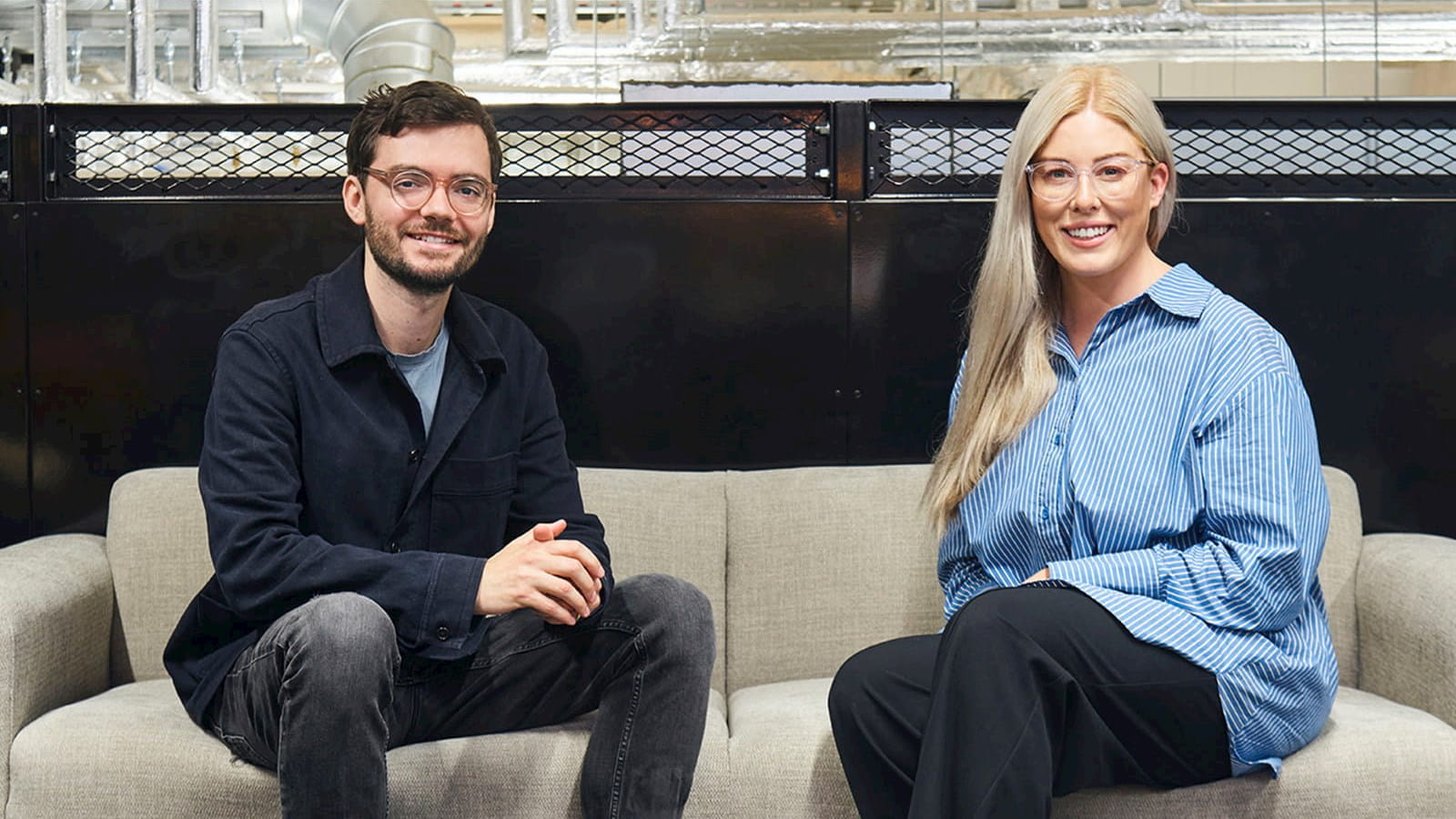Having the right people available for the right jobs in the right place is one of the key foundations of a healthy and resilient economy, and one that’s often eluded the UK. Two companies provide lessons for how we can start to address this.
UK businesses have worried about having access to the right skills for more than a generation. There is a wealth of talent and experience throughout the country but ensuring that it matches up with what UK businesses need – when and where they need it – is a hard problem, and one in urgent need of a solution. As our analysis shows, this lack of skills has undermined business confidence, investment and productivity across the UK.
The UK faces two pressing issues when it comes to skills. First, post-COVID, to attract older workers back into high-value jobs that contribute to economic growth – whether through retraining or new ways to use existing skills. And second, to build a base of new in-demand skills.
But as the second film in our series shows, there are entrepreneurs and managers who are finding solutions. In Bristol, software firm Amdaris is creating a new workforce in the tech sector, outside the traditional London and South East heartland. While on Wales’ West coast, Hiut, a high-end jeans maker, has reopened what was Britain’s largest jeans factory until it closed in 2002. This has allowed Hiut to tap into the experienced older workforce that was already there, channelling their skills into new, valuable roles and matching those with newer tech and creative roles.
Hiut was co-founded by David Hieatt (below) and his wife Clare in 2011 following success with their earlier venture – the clothing brand Howies that they sold to Timberland.
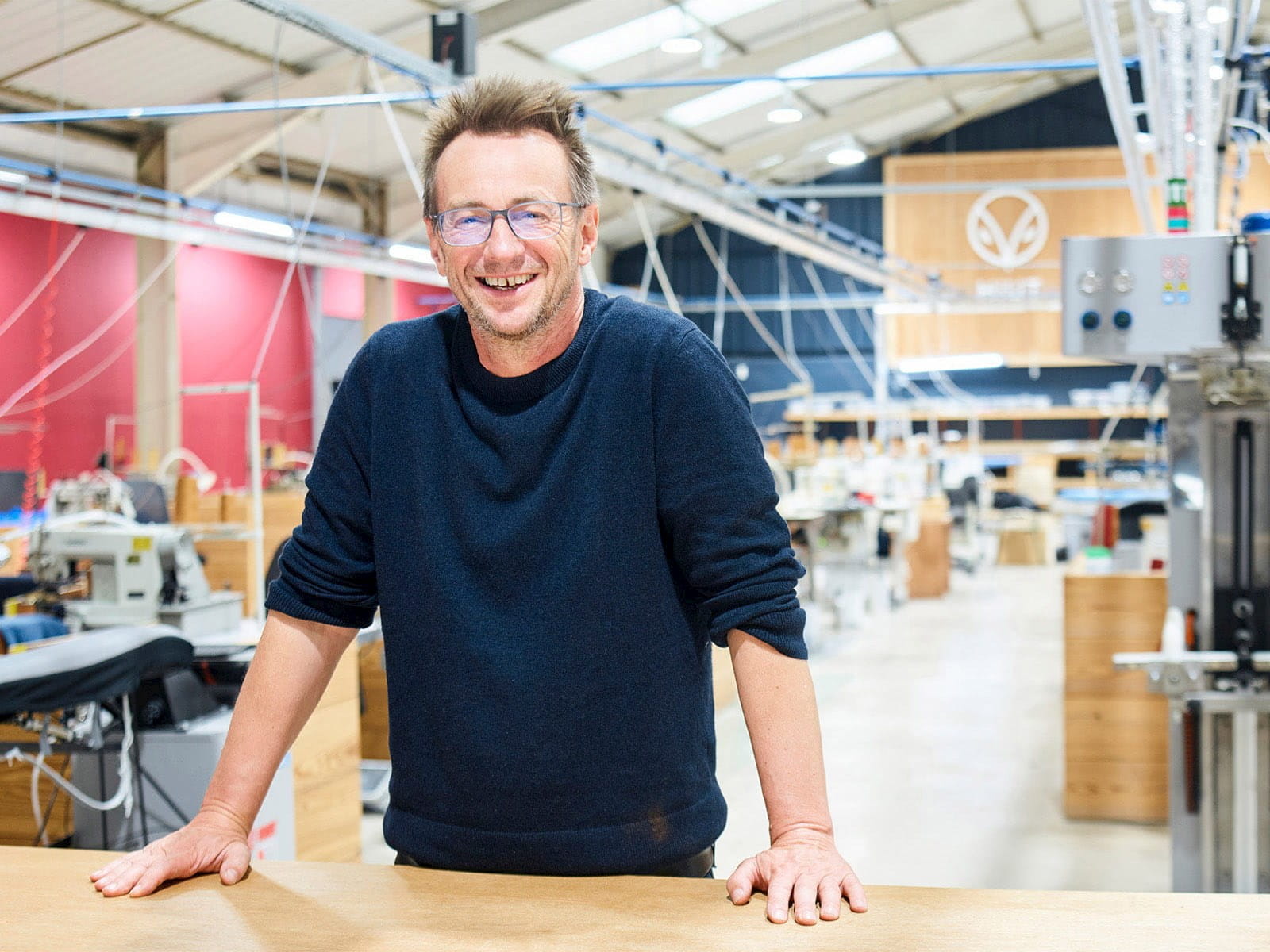
Hiut employs a number of ‘grandmasters’, as Hieatt calls them in a nod to Malcolm Gladwell’s popularisation of the psychological study, which concluded that no chess player has ever reached grandmaster level without at least 10,000 hours of practice. Hieatt says that, due to the history of the local workforce, his grandmasters have “spent 20,000 hours, 30,000 hours, and in some cases, 40,000 hours making jeans.” Elin Evans (below right), Factory Manager at Hiut, is one of those grandmasters.
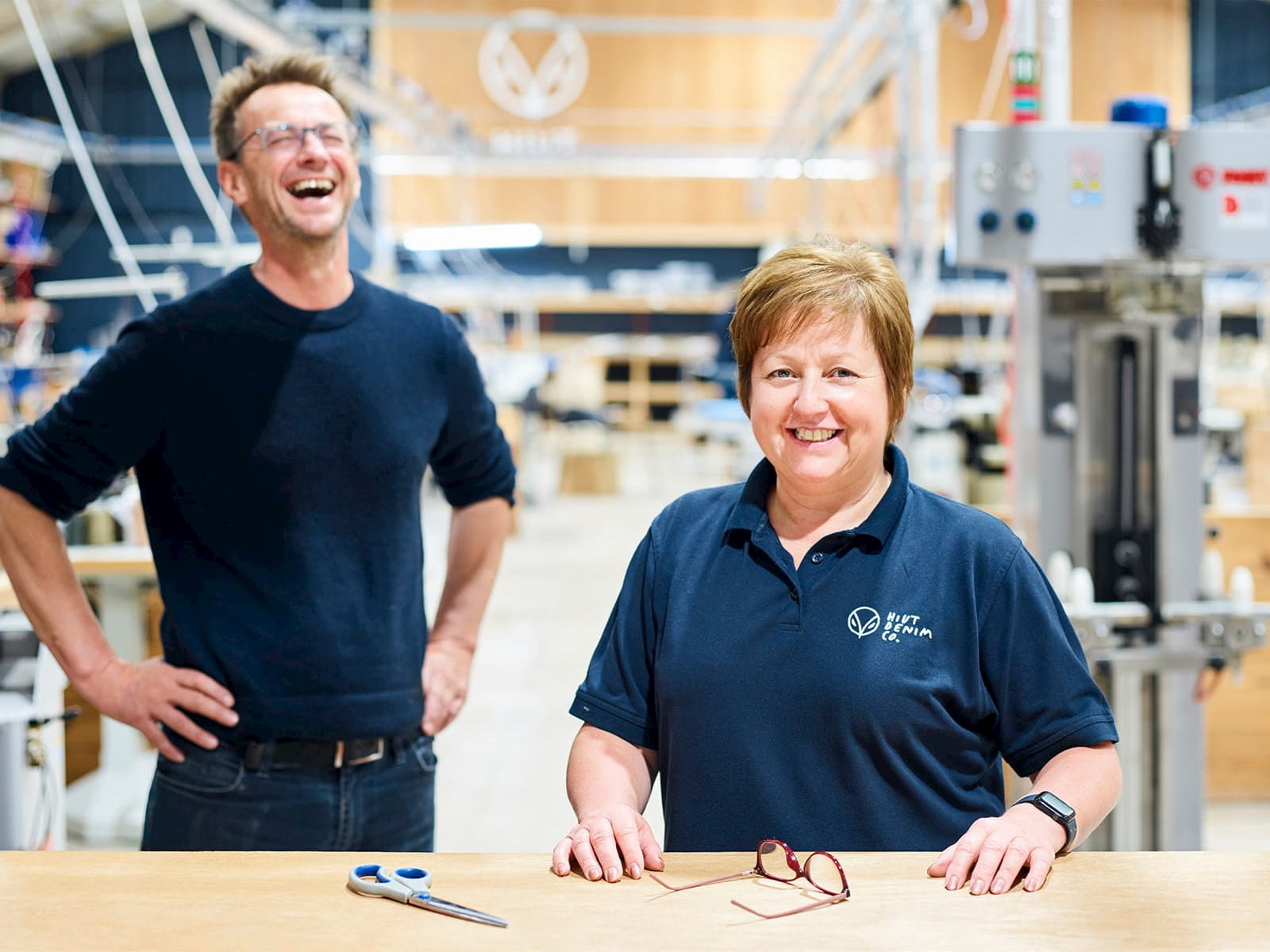
As Hieatt says in the film, when they reopened the jeans factory, they were never going win the global battle of “who could be the cheapest,” but they had a chance in “the battle of who could be the best.” And to do that, Hieatt has also had to solve a different skills problem in a largely rural area by creating a raft of new roles that didn’t exist in the old factory – creative and tech jobs to sell the jeans online and market them via social media. Sara Ladd (below right), Head of Product at Hiut, moved back from London to take a job with the company.
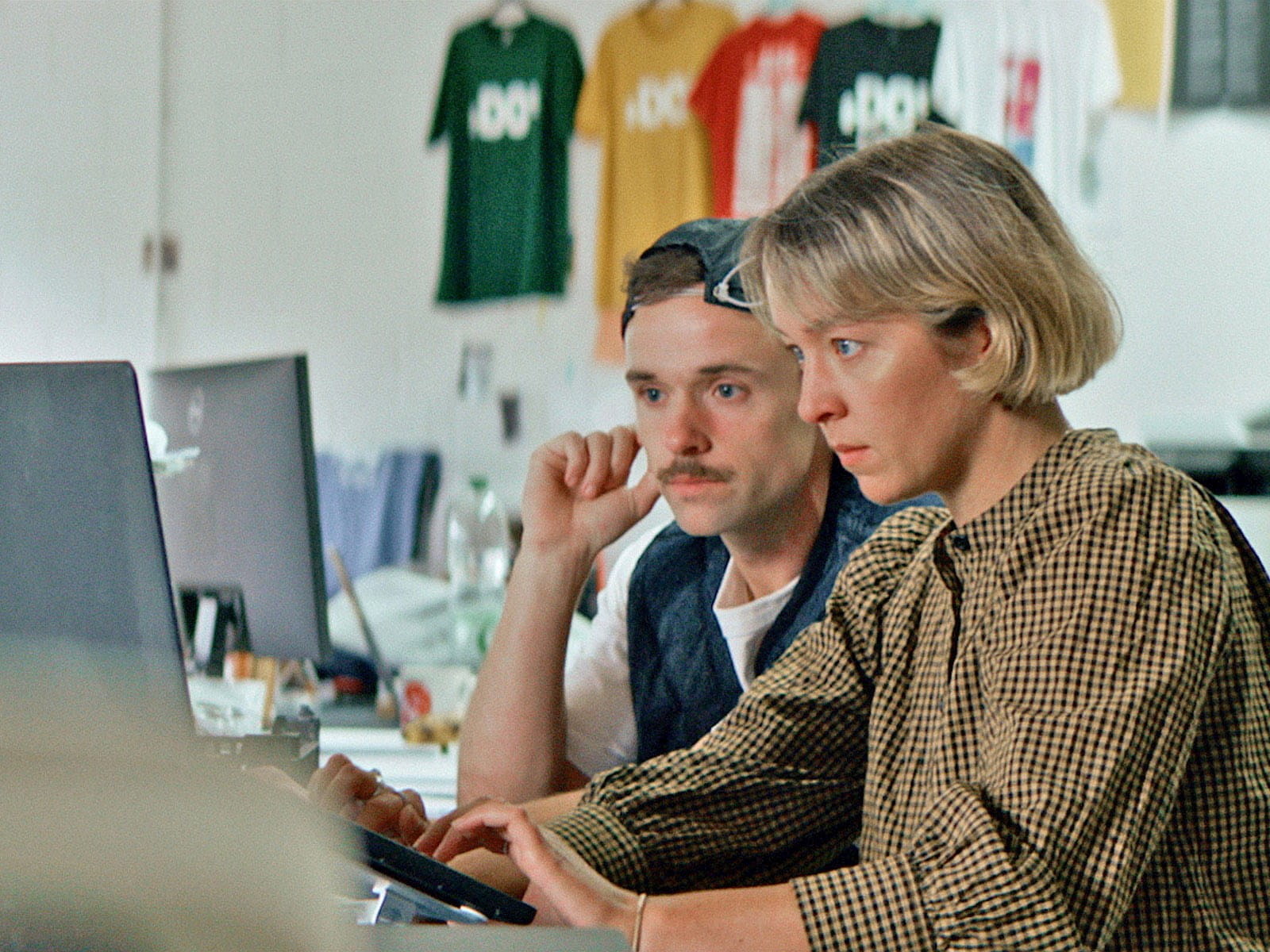
Amdaris is a fast-growing tech firm headquartered in Bristol and with offices across Eastern Europe. Its Finance Director, Tom Denning (below), is an ICAEW member and plays a key role in the complex workforce planning the firm needs to source and retain the right talent in a sector where new coding languages and skills are required all the time.

Amdaris is keen to build a community of tech firms in the South West to make sure that it attracts and retains a workforce that will sustain its own and others’ growth. This chimes with the advice Neil Carberry, CEO of the Recruitment and Employment Confederation, has for managers in how they should think about skills. He says they should realise that a “workforce is not separate from an industrial structure or group, it’s a vertical slice of it.” Glyn Blaize (below), Chief Operating Officer of Amdaris, is helping to lead the company’s efforts in building and sustaining this new tech community.
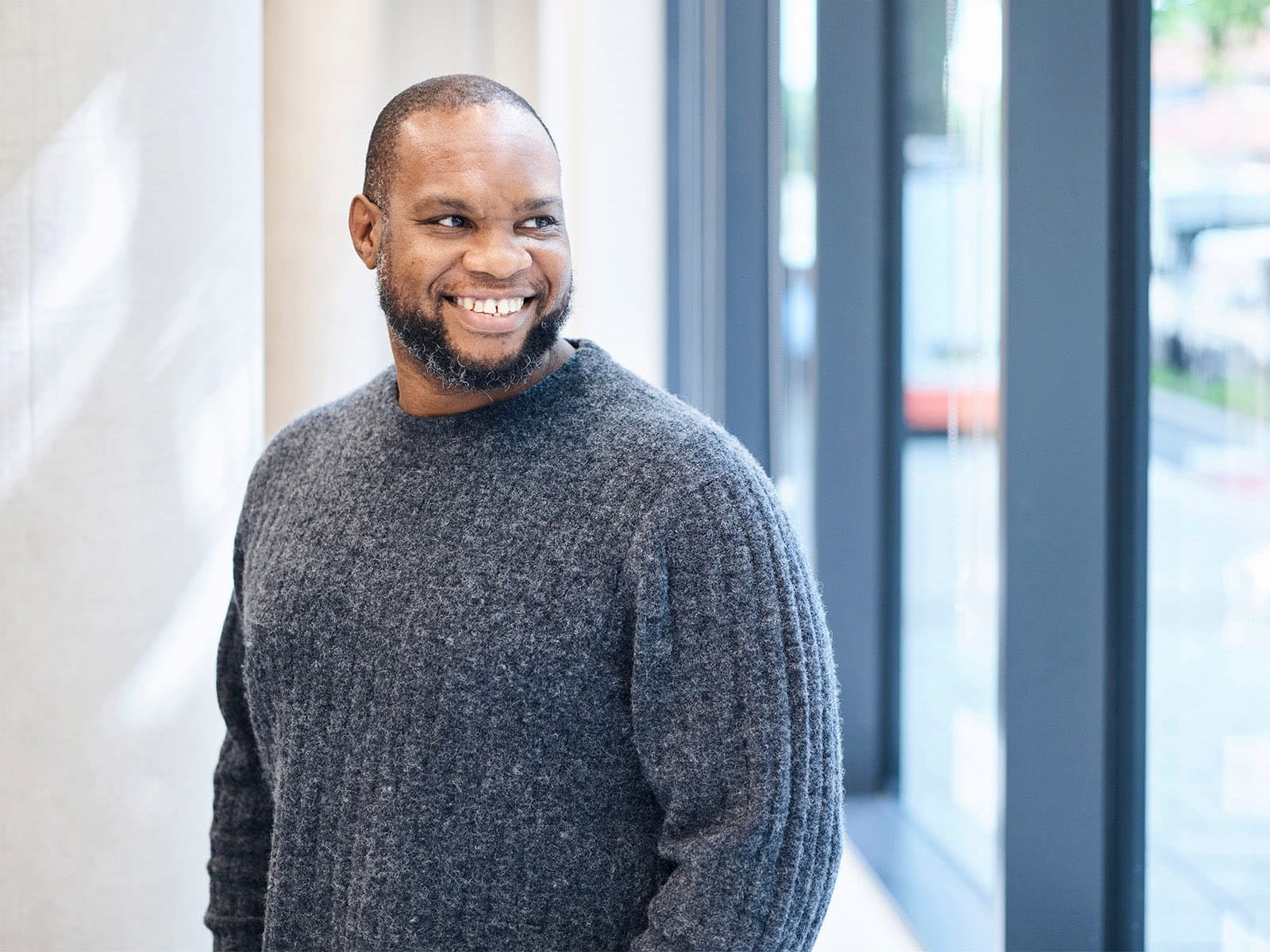
For too long, a shortage of skills has undermined UK economic growth. There are many success stories like the ones above but they need coherent long-term policies to bear fruit at a national scale. And there are few more worthwhile aims. Creating meaningful jobs for people sparks a kind of magic that allows businesses and local communities to thrive and people to build more fulfilling lives.
- Navigating a changing world of trade
- How to reinvigorate the UK’s international trade performance
- International trade: How Ramsden International reinvented its business model after Brexit
- Making the most of international markets: From the glens to graphene
- From the glens to graphene: Getting the most from international markets
